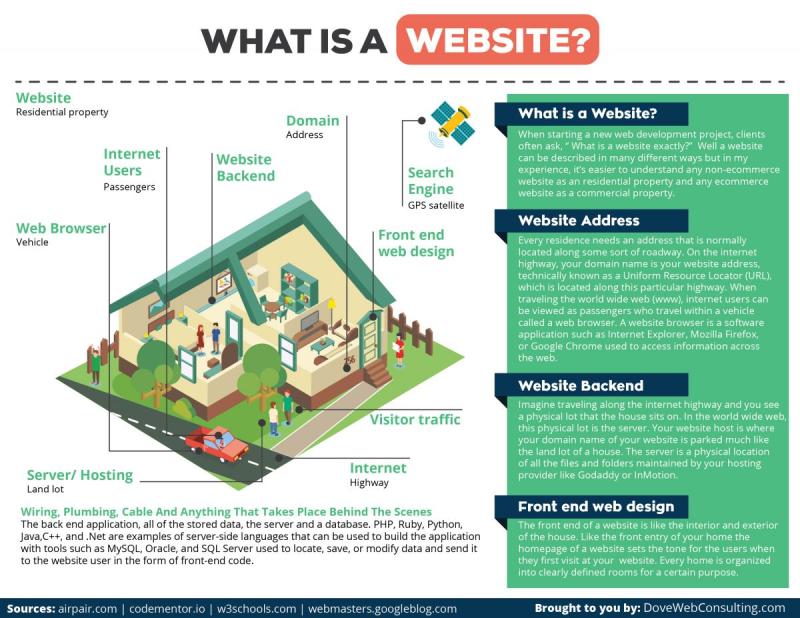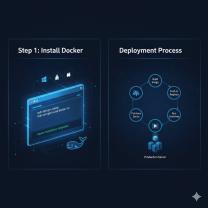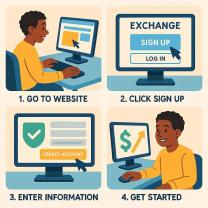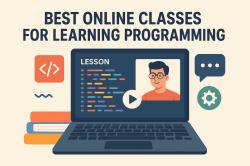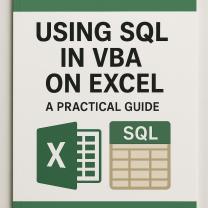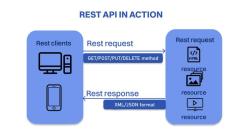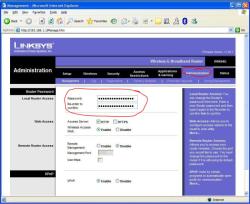What is the best way to learn web development?
Learning web development involves understanding various languages, frameworks, and tools used to create websites and web applications. Here's an effective roadmap to learn web development:
Start with the Basics:
- HTML & CSS: Begin with HTML (Hypertext Markup Language) for structuring web content and CSS (Cascading Style Sheets) for styling. They form the foundation of web development.
Learn Programming Languages:
- JavaScript: Master JavaScript for adding interactivity and functionality to web pages. It's essential for creating dynamic and responsive web applications.
- Server-Side Languages: Familiarize yourself with server-side languages like Python, PHP, Ruby, or Node.js. They handle server operations and backend development.
Explore Frameworks and Libraries:
- Frontend Frameworks: Learn popular frontend frameworks like React.js, Angular, or Vue.js for building interactive user interfaces and single-page applications.
- Backend Frameworks: Explore backend frameworks such as Express.js (for Node.js), Django (for Python), or Ruby on Rails. They simplify backend development and database interactions.
Database Knowledge:
- Understand databases like MySQL, PostgreSQL, or MongoDB for storing and managing data in web applications.
Version Control:
- Learn version control systems like Git and GitHub. Version control helps manage and track changes in your code, facilitating collaboration and project management.
Practice Projects:
- Build projects as you learn. Start with simple projects and gradually tackle more complex ones. This hands-on practice solidifies your understanding.
Online Courses and Tutorials:
- Utilize online platforms like Codecademy, Udemy, Coursera, or free resources like MDN Web Docs and W3Schools. They offer structured courses and tutorials covering various aspects of web development.
Community Engagement:
- Join developer communities, forums, or attend meetups to engage with other developers. Participate in discussions, ask questions, and learn from their experiences.
Stay Updated:
- Web development evolves rapidly, so stay updated with new technologies, trends, and best practices. Follow reputable blogs, attend webinars, and read industry news regularly.
Portfolio Development:
- Create a portfolio showcasing your projects and skills. A portfolio serves as a visual resume and demonstrates your proficiency to potential employers or clients.
- Continuous Learning:
- Web development is a continuous learning journey. Embrace a mindset of constant learning and improvement to stay relevant in the field.
Remember, learning web development takes time and dedication. Be patient, practice consistently, and don't hesitate to experiment with different technologies to find what resonates best with your interests and goals.
What's the most effective approach to mastering web development?
Mastering web development requires dedication, practice, and the right approach. While there's no single "best" way, here are some effective strategies:
Foundational Knowledge:
- Build a strong understanding of basic web technologies: HTML, CSS, and JavaScript are the building blocks of any website. Master their syntax, structure, and functionalities.
- Explore front-end frameworks and libraries: React, Vue.js, and AngularJS can dramatically improve your development speed and efficiency. Choose a framework and learn it inside-out.
- Get comfortable with back-end languages: While not always essential, understanding languages like Python, PHP, or Ruby on Rails expands your career options and opens doors to server-side development.
Active Learning and Practice:
- Start with small projects: Build simple websites that focus on specific skills. Don't be afraid to iterate and improve as you go.
- Take online courses and tutorials: Numerous platforms offer interactive courses and tutorials on various web development topics. Choose reputable sources and follow structured learning paths.
- Participate in coding challenges and hackathons: Applying your skills under pressure and collaborating with others can accelerate your learning and build confidence.
- Contribute to open-source projects: Working on existing projects is a fantastic way to learn from experienced developers, hone your skills, and build a portfolio.
Community and Mentorship:
- Connect with other developers: Join online forums, communities, and local meetups to share knowledge, get feedback, and stay updated on the latest trends.
- Find a mentor: Having a seasoned developer guide you can provide invaluable advice, motivation, and career guidance.
- Participate in workshops and conferences: Immersing yourself in learning events with industry experts can broaden your horizons and spark new ideas.
Beyond Technical Skills:
- Develop soft skills: Communication, teamwork, problem-solving, and time management are crucial for success in any development project.
- Sharpen your UI/UX design sense: Learn the principles of good design and user experience to create websites that are not just functional but also beautiful and intuitive.
- Keep learning and adapting: The web development landscape is constantly evolving. Stay updated on the latest technologies, trends, and best practices to remain competitive.
Remember: Mastering web development requires dedication and persistent effort. Don't get discouraged by setbacks; approach them as learning opportunities and keep pushing yourself. Celebrate your achievements along the way, and enjoy the journey of learning and creating.
By combining these strategies with your own passion and perseverance, you can master web development and build a fulfilling career in this exciting field.
I hope this gives you a roadmap for your web development journey! Feel free to ask if you have any specific questions or need further guidance on your learning path.
